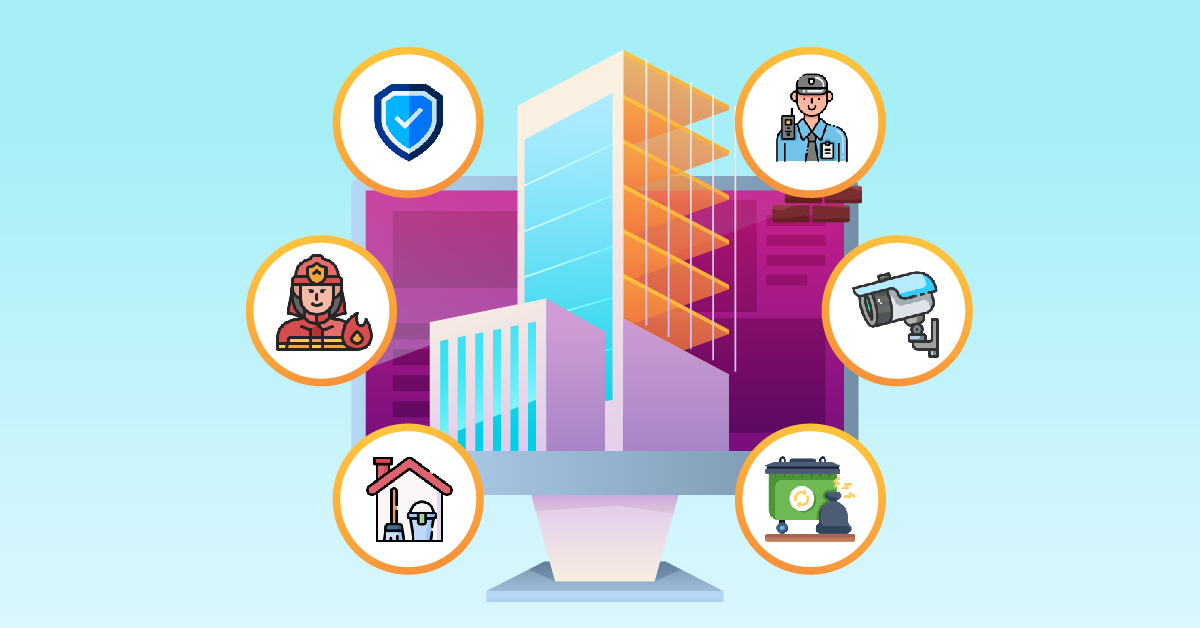
Introduction
In today's fast-paced business environment, the efficient operation of commercial spaces is crucial for success. Comprehensive facility management plays a vital role in ensuring that buildings are well-maintained, secure, and conducive to productivity. This blog post will deliver the key aspects of facility management and highlight its significance for businesses of all sizes.
What is Facility Management?
Facility management is a wide range of services aimed at maintaining and optimising the performance of commercial buildings. It involves overseeing various aspects such as:
- Maintenance: Regular upkeep of building systems, equipment, and infrastructure.
- Security: protecting the property and its occupants from unauthorised access and threats.
- Cleaning: Ensuring a clean and hygienic environment for employees and visitors.
- Energy management: Optimising energy consumption to reduce costs and environmental impact.
- Waste management: Implementing efficient waste disposal and recycling practices.
- Space planning: Allocating and utilizing space effectively to meet business needs.
Why is Comprehensive Facility Management Important?
- Enhanced Productivity: A well-maintained and comfortable workspace can significantly boost employee morale and productivity. Regular maintenance, proper lighting, and adequate ventilation contribute to a positive working environment.
- Reduced Costs: Effective facility management can help businesses save money by minimizing downtime, reducing energy consumption, and preventing costly repairs.
- Risk Mitigation: Comprehensive facility management includes risk assessment and mitigation strategies to protect the building and its occupants from potential hazards such as fires, floods, and security breaches.
- Improved Asset Value: A well-maintained building not only appreciates value but also attracts tenants and buyers. Regular maintenance and upgrades contribute to the overall condition and desirability of the property.
- Compliance with Regulations: Many commercial buildings must adhere to specific regulations and codes related to safety, environmental protection, and accessibility. Facility management professionals can ensure compliance with these requirements.
Key Elements of Comprehensive Facility Management
- Strategic Planning: Develop a comprehensive plan that outlines the facility's goals, objectives, and maintenance schedules.
- Maintenance Management: Implementing effective maintenance strategies to prevent breakdowns and prolong the lifespan of equipment.
- Safety and Security: Ensuring a safe and secure environment through access control, fire protection systems, and emergency response plans.
- Energy Efficiency: Implementing energy-saving measures, such as upgrading lighting systems and optimizing HVAC controls.
- Environmental Sustainability: Adopting eco-friendly practices, such as reducing waste and conserving water.
- Technology Integration: Utilizing technology to improve efficiency, streamline operations, and gather data for informed decision-making.
Conclusion
Comprehensive facility management is essential for businesses that want to optimize their operations, reduce costs, and create a positive workplace environment. By Investing in professionals like Custodian can ensure that their buildings are well-maintained, safe, and conducive to success.